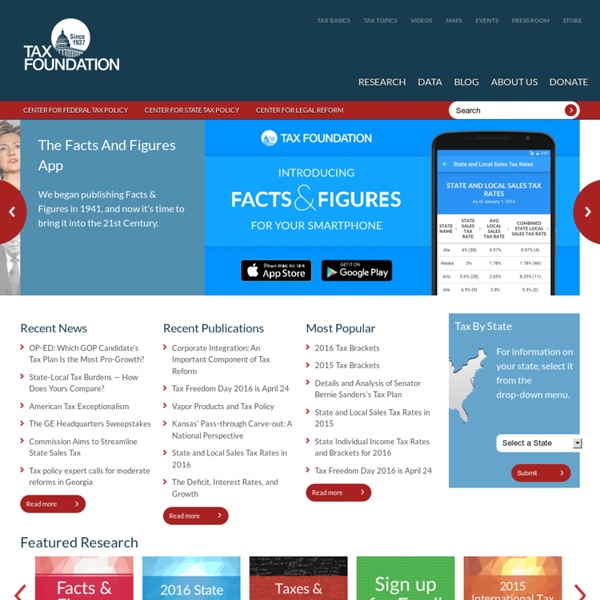



How Much Do Americans Really Pay in Taxes? - NerdWallet The much-dreaded Tax Day is fast approaching, which means many Americans are scrambling to find old receipts and get their filings in order. It’s no secret that how much you pay in taxes each year significantly affects your bottom line and your quality of life. The average U.S. household that owns a home will pay about $14,000 in income, sales and real estate taxes this year — that’s about 27% of their total income. But not all taxes are equal: Your tax bill depends on where you live, so it’s important to know the role location plays in your tax obligations. NerdWallet’s analysis We looked at local, state and federal income tax rates for couples filing jointly and applied them to each city’s median household income and the corresponding income bracket to find average income taxes. We also looked at local and state sales taxes and applied those rates to an estimated amount of money spent by the average household on items subject to sales tax. Key findings California premium. Methodology
Taxes President Obama has passed wide-ranging tax relief for working families and small businesses — the drivers of economic growth. But to pay down our deficit and invest in the future, we have to make hard choices. That means asking those at the top to do their fair share and putting an end to special privileges and loopholes that benefit those who need them the least. Tax Cuts for the Middle Class Within weeks of taking office, President Obama took immediate action in the midst of the economic crisis to restore security for middle-class families by cutting their taxes in the Recovery Act. Since then, President Obama has continued to cut taxes for middle class families to make it easier for them to make ends meet. On January 2, 2013, President Obama signed bipartisan legislation that will make sure income tax rates stay low permanently for 98 percent of Americans, while asking the wealthiest households to pay a little more to help reduce the deficit. Tax Cuts for Small Businesses Tax Reform 1.
PROPERTY Records | Title Search | Lien Search | Real Estate Tax Overview[edit] The legal definition and the economic definition of taxes differ in that economists do not regard many transfers to governments as taxes. For example, some transfers to the public sector are comparable to prices. Examples include tuition at public universities and fees for utilities provided by local governments. Governments also obtain resources by "creating" money and coins (for example, by printing bills and by minting coins), through voluntary gifts (for example, contributions to public universities and museums), by imposing penalties (such as traffic fines), by borrowing, and by confiscating wealth. Purposes and effects[edit] Most economists, especially neoclassical economists, argue that all taxation creates market distortion and results in economic inefficiency. Governments use different kinds of taxes and vary the tax rates. A nation's tax system is often a reflection of its communal values and the values of those in current political power. Kinds of taxes[edit]
The Florida Bar - Landing The Florida Bar News The April 15 Bar News is now available with stories including: Changes aimed to link lawyers with clients. The response to the YLD survey detailing gender bias. Board election results and upcoming runoffs. Dennis G. A Brief History of Income Taxes Updated for Tax Year: 2010 Did you know President Abraham Lincoln, one of America's most beloved leaders, also instituted one of its least liked obligations - the income tax? In this brief history of taxes, see the historical events which shaped income taxes in the United States today. Click on the infographic below to open it in a new window. Created by Infographic World Want to use this infographic on your site? <iframe title="TurboTax A Brief History of US Income Taxes Infographic" width="657" height="6170" src=" frameborder="0"></iframe><br /><a href=" Done Right</a> with TurboTax
Broward County Property Appraiser's Network Tobin tax A Tobin tax, suggested by Nobel Laureate economist James Tobin, was originally defined as a tax on all spot conversions of one currency into another. The tax is intended to put a penalty on short-term financial round-trip excursions into another currency. Tobin suggested his currency transaction tax in 1972 in his Janeway Lectures at Princeton, shortly after the Bretton Woods system of monetary management ended in 1971.[1] Prior to 1971, one of the chief features of the Bretton Woods system was an obligation for each country to adopt a monetary policy that maintained the exchange rate of its currency within a fixed value—plus or minus one percent—in terms of gold. Then, on August 15, 1971, United States President Richard Nixon announced that the United States dollar would no longer be convertible to gold, effectively ending the system. The tax on foreign exchange transactions was devised to cushion exchange rate fluctuations. Concepts and definitions[edit] Tobin's concept[edit]
Florida Realtors®, The Voice for Real Estate in Florida® Fannie Mae REO Homes For Sale - HomePath.com Bank Owned Homes | REO properties | Wells Fargo